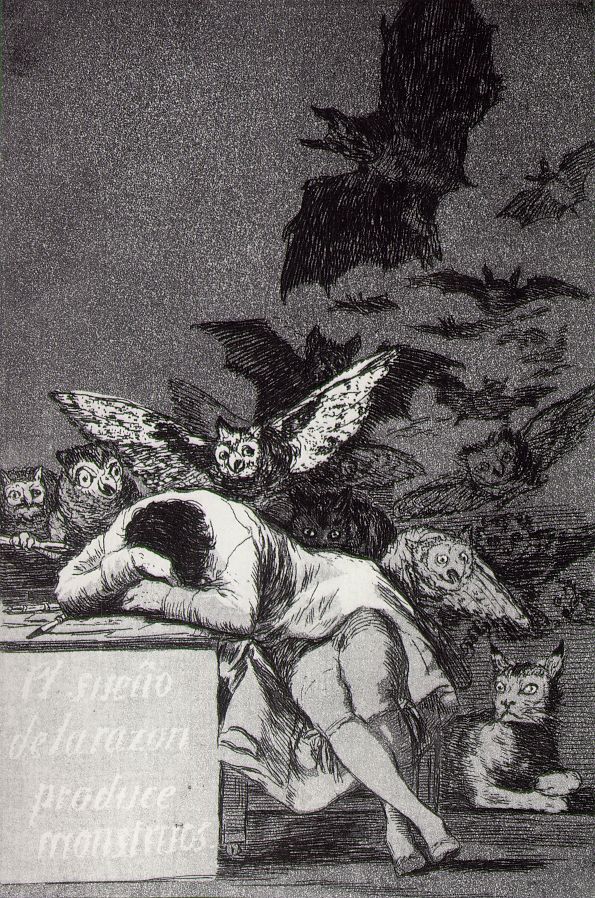
NEW STUDY LINKS DISRUPTED SLEEP WITH ADULT-ONSET DIABETES
There are several stages of sleep, and deep sleep is considered to be the most restorative to our bodies.
A January 22nd 2008 report from the National Academy of Science suggests a link between adult-onset diabetes and poor sleep quality, including disruptions that pull us out of deep sleep but don't awaken us.
One of the biggest problems for those living close to industrial wind turbines is disrupted sleep from noise, which tends to be louder at night.
This study suggests that even if you manage to sleep though disruptive noise, it affects the quality of your sleep and that affects your health. There are a lot of problems associated with disrupted sleep. The recent link to adult-onset diabetes is just one of them.
Science News Online
Week of Jan. 19, 2008; Vol. 173, No. 3
Sleep disruption and glucose processing
Nathan Seppa
(Click here to read article at its souce)
Shallow sleep can impair a person's glucose metabolism, despite the presence of adequate insulin, researchers report. The finding might explain previous studies that linked poor sleep patterns with type 2, or adult-onset, diabetes, since the disease is closely tied to such insulin resistance.
Researcher Esra Tasali of the University of Chicago monitored nine healthy volunteers during two nights of sleep. She also used blood tests to measure each participant's ability to process intravenous infusions of glucose the next morning. A month later, Tasali repeated the tests over three nights. But this time, researchers set off a noise whenever a participant entered a deep form of sleep thought to be the most restorative. The disruptions pull people back from deep sleep but don't awaken them.
The blood tests showed that eight of the nine volunteers had significantly poorer glucose processing the day after being deprived of deep sleep. In these people, insulin-making cells in the pancreas failed to rev up production in response to this substandard glucose metabolism, Tasali and her colleagues report in the Jan. 22 Proceedings of the National Academy of Sciences.
Earlier work had linked a lack of sleep with poor glucose metabolism. But the new study goes a step further, associating poor quality sleep with the condition. The participants got just as many hours of sleep during their routine nights as they did during the noisy experimental nights.
The findings suggest that deep sleep has an effect on hormones.
(Read the National Academies of Sciences Abstract by clicking here)